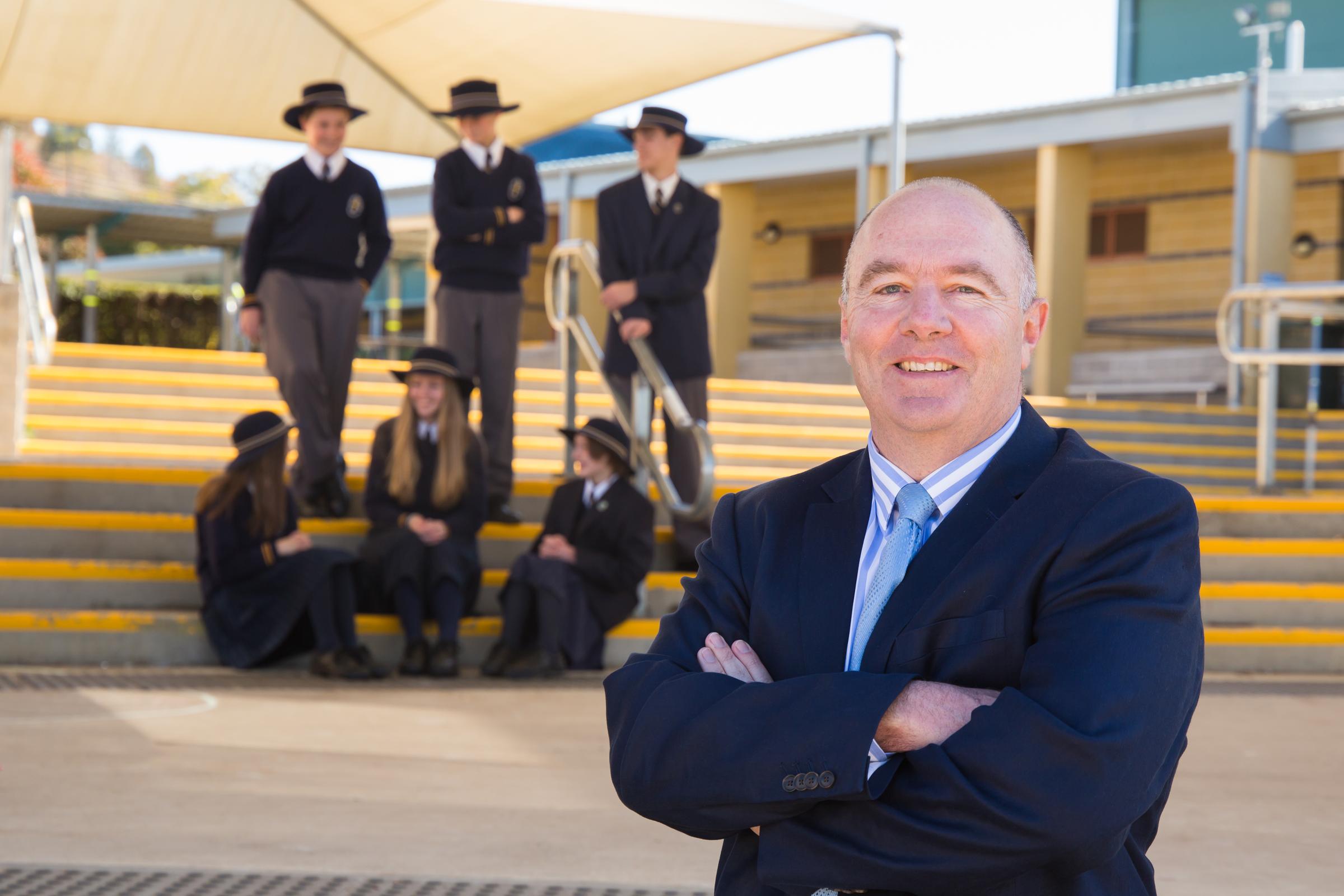Assistant Principal - Pastoral Care

Heal Country, For All of Our Sakes
In 1992, the then Prime Minister of Australia, Paul Keating, delivered a significant speech. He said:
“It begins, I think, with the act of recognition. Recognition that it was we who did the dispossessing. We took the traditional lands and smashed the traditional way of life. We brought the disasters. The alcohol. We committed the murders. We took the children from their mothers. We practiced discrimination and exclusion.”
Why was this speech significant? Because it had taken over two hundred years for an Australian leader to admit the grievous wrongs committed against the First Nations people of Australia.
A people who have existed on this continent for over sixty thousand years – the oldest continuing living culture in the world. A culture that was nearly extinguished by the brutality of an invading people.
Of course there are those who say “But it wasn’t me, I didn’t commit the atrocities. What’s it got to do with me?” And yes, they are right, they didn’t commit the murders and rapes and poisonings and hangings and stealing of children and use of slavery and systematic dehumanization of a people. This is correct.
But say, if one of my family members was to have a car accident and die. Many people would say ‘I am sorry for your loss.’ A totally natural response. Being sorry for someone’s loss and pain and suffering doesn’t mean we caused it. It means we can empathise, that we recognize and try to understand their pain. And try to walk along beside them as best we can – this is what compassionate human beings do.
Keating addresses this point when he said:
“It was our ignorance and our prejudice. And our failure to imagine these things being done to us … we failed to make the most basic human response and enter into their hearts and minds. We failed to ask—how would I feel if this were done to me?”
As an Australian, it is important to recognise that what we have today began with the dispossession of the First Nations people of Australia. This is not to say that we should be wracked with guilt but that instead we should seek desperately to understand so that we can move forward, together.
This is why NAIDOC Week is so important – it is an opportunity to celebrate the tenacious survival of the First Nations people under the most trying of circumstances and for us all, as Australians, to appreciate and value the cultural significance of the First Australians.
Nelson Mandela said of his bitterly divided South Africa:
“reconciliation is a spiritual process, which requires more than just a legal framework. It has to happen in the hearts and minds of people.”
This week I urge you to open your hearts to the injustice and hardship experienced by our First Australians and to open our minds to their cultural values that have stood the test of time.
This year’s theme, ‘Heal Country’ reminds us of the centrality of this land to the quality of our lives - something that First Nations People readily understood in stark contrast to the European notion of economic exploitation which has accelerated the processes of Climate Change. Let’s take the time this week to do our part to ‘Heal Country’ so that all can live in a partnership of respect, courtesy and deep appreciation of each other.
Mr Mick Larkin - Assistant Principal - Pastoral
